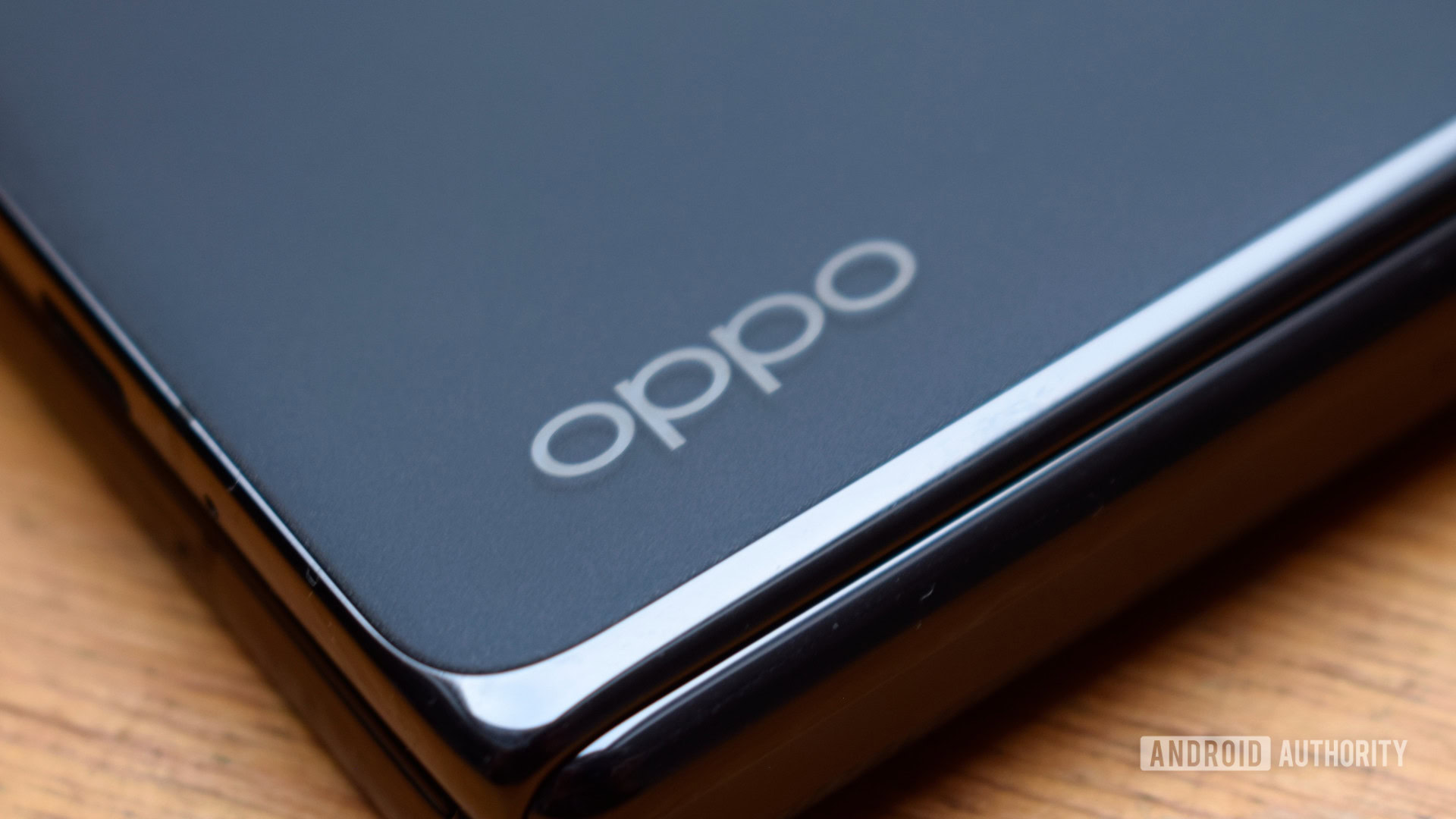Affiliate links on Android Authority may earn us a commission. Learn more.
OPPO outlines battery-free future powered by cellular, Bluetooth, Wi-Fi signals
January 20, 2022

- OPPO has published a new whitepaper detailing its plans for a “zero power communications” system.
- The system would allow low-powered IoT devices to harvest energy from radio waves emitted by cell towers and other sources.
- The primary intention is to lower the maintenance costs of these devices and cut environmental waste.
Batteries are important, often unnoticed components in modern technology, but one company is considering a future beyond them. Oppo has published a new whitepaper that envisions a battery-free, “zero-power communication” system for small, low-powered IoT devices.
The paper leans into the idea of ambient radio frequency (RF) wave-powered electronics that needn’t rely on onboard power sources to function. “In the near future, IoT devices will be able to harvest energy directly from Bluetooth, Wi-Fi, and cellphone signals, resulting in excellent features such as smaller size, better durability, and lower cost,” explains OPPO.
The company believes that this system would reduce battery usage and, therefore, lower maintenance costs and decrease the impact on the environment.
Drawing power over the air
Devices drawing power over the air isn’t a new concept. Samsung recently launched a smart TV remote that harvests energy through 2.4GHz Wi-Fi. Motorola and Xiaomi have also demonstrated ambient device charging solutions in the past. Interestingly, OPPO does suggest zero-power tech could, in theory, allow wearables to charge passively, too. This would go a long way to solve the dire battery life of modern smartwatches.
OPPO sees other benefits to using radio frequencies for power. Using this zero-power communication system, devices can embed information in that signal and relay it outwards. OPPO believes that this could allow devices to act as low-power communication beacons in heavy industry, transportation, or the smart home. The company outlines other potential use cases for zero-power technology, including location tags that won’t require battery replacements or improved long-distance tracking tech for species like migratory birds.
OPPO has reportedly tested the technology’s viability and will start pushing the zero-power communication protocol for future use. But for now, and likely well into the future, physical batteries will remain the backbone of our digital world. However, some companies are taking the idea of a battery-free world a little more seriously than before.